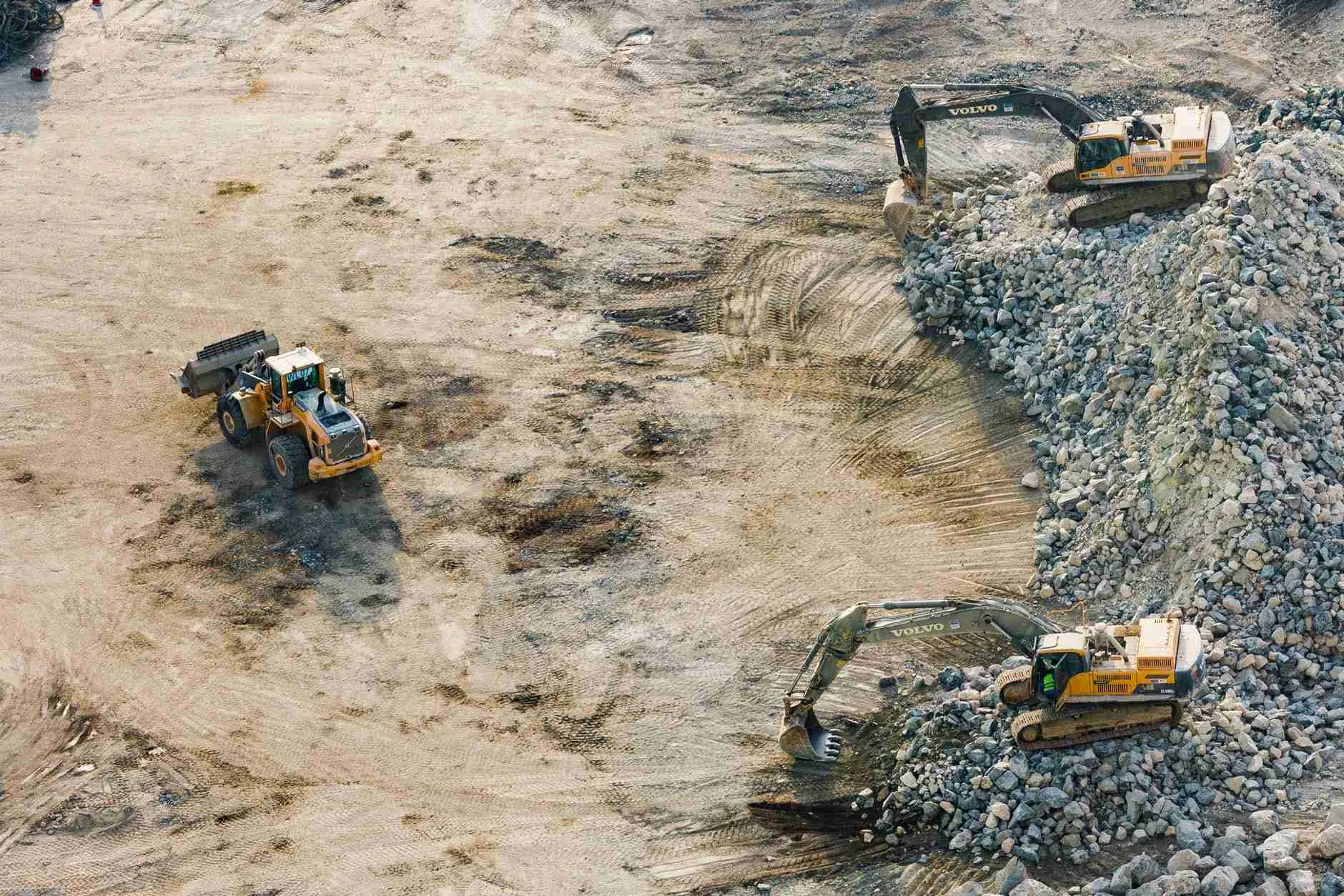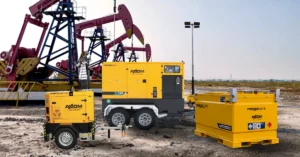
The amount of construction waste heading to landfills every year globally is set to double to 2.2 Billion tones by 2025, according to Construction and Demolition Recycling.
Industrial Construction waste refers to both physical waste that ends up in landfills, and waste in terms of misused and lost time management and efficiency.
Both types of waste are a hassle and a drain on budgets and resources that could be better used to enhance site productivity.
Learn three ways you can maximize your efficiency to reduce industrial construction waste:
Reduce supplier/vendor visits and logistics
In the hectic atmosphere of industrial construction, trying to reach your equipment supplier can be a time-consuming logistical nightmare.
Vendor-managed inventory is an excellent way to reduce unnecessary time spent on logistics.
Customers often use equipment and services from many different vendors, which can be overwhelming to keep track of on top of regular project management duties. For example, a project manager can spend many hours in a day ordering, sourcing, receiving, inspecting, stocking and replenishing equipment and related parts and tools.
By examining the customer’s operations, current usage, estimated production volumes and other important factors, the vendor can develop a strategy to order, stock and replenish an inventory. This streamlines and consolidates the process for the customer.
This reduction in administrative work allows the customer to focus their time and attention on more important aspects of their projects. Additionally, having a single point of contact is much more convenient for project owners.
Through vendor-managed inventory, a summary of billing and inventory, often called “logistics management” is sent by the vendor for streamlined and enhanced record keeping for the customer’s benefit. This ensures that project managers and key stakeholders have a big picture view of inventory management and can successfully integrate the data into future project planning.
Recycle and choose products with minimal packaging
Packaging contributes to a lot of the waste that is found on industrial construction jobsites. According to NI Business, on average, around one third of waste from construction sites is packaging waste.
In some instances, packaging requirements can be specified in contract documents and material specifications to eliminate unnecessary packaging.
Industrial construction packaging can be reduced in the following ways:
- Reduce use and need for shrink-wrap
- Use in-mould embossing rather than sticky paper/plastic labels
- Ensure sand and aggregate products are delivered in bulk and not in several polypropylene bags
- Reduce unnecessary packaging layers designed to protect products from dust when they will be immediately used and not stored for future use
- Choose products that can be delivered in returnable pallets and boxes
- Use products available in bulk or concentrated variables to cut down on multiple transports to jobsites
- Have a quality-control agreement with your vendor/supplier, where you can cut the number of faulty, damaged or unsuitable goods delivered, which reduces waste and prevents unnecessary delivery and re-delivery costs.
Along with reducing the packaging materials come in, another way industrial construction project owners can reduce waste is to use recycled materials. In fact, many building materials are partially constructed from recycled waste products.
The cost of handling and disposing waste isn’t cheap. The cost of disposing industrial construction waste includes excess purchase, labour costs, transportation and waste disposal. Landfill fees in particular are increasing year-by-year.
Additionally, many project stakeholders have high expectations when it comes to waste management. As the public becomes more eco-conscious, expectations about reducing carbon footprints and waste become more important in the eyes of stakeholders, customers, investors and project owners.
The environmental benefits from reducing industrial construction waste include:
- Reducing the amount of greenhouse gases from landfills
- Reducing on-site pollution
- Reducing energy consumption and resources needed to dispose waste
- Preventing hazardous waste pollution
- Reduced need to create packaging from native materials
Plan ahead
The saying “by failing to prepare, you are preparing to fail” certainly rings true in the industrial construction industry.
Properly mapping out your project’s requirements and booking your equipment well in advance will save you from paying rush premiums or wasting time searching for equipment last minute. Some industrial equipment suppliers even offer early bird or bundle discounts to encourage bigger orders and longer rentals.
Planning ahead is the key to avoiding unnecessary and costly re-work, which is an easily unavoidable waste.
In Vancouver, Canada, proper planning for new construction projects throughout the Lower Mainland have enabled the project owners to reuse or recycle more than 75 per cent of their materials – saving builders money on disposal costs and keeping usable materials out of the landfill, according to Metro Vancouver.
Purchasing excess site materials is a waste not only in the material itself, but the labour and logistical cost of transporting and storing the excess amount.
Learn more tips on proactive planning for industrial construction project success.
Enhanced supply chain management, comprehensive planning and vendor-managed inventory are all worthwhile strategies to cut your waste while enhancing your overall efficiency and curbing unnecessary expenses.
Consultation with an experienced industrial equipment Account Manager can also strengthen your strategy to reduce waste. An experienced industrial equipment Account Manager can help you by sourcing more fuel-efficient options, helping you choose the right equipment for the job, including equipment that is properly sized and offers fuel savings.
Axiom Equipment Group’s team has decades of combined experience in equipment rental, sales and service. Working with other internationally accredited organizations, we have the unique ability to provide on-demand products for sale and rent. With our large fleet of new, reliable, well-maintained site equipment, we can meet large project demands quickly and supply quality equipment for smaller projects cost-effectively.
At Axiom Equipment Group, we believe in ZERO DOWNTIME so much that we stand behind it with a unique iron clad promise that combines a reliable equipment fleet with a rapid response program, around-the-clock availability, expert service and a financing option to fit every budget. Gain peace of mind knowing that if your equipment breaks down, we have the inventory to repair and replace it on the fly!
Axiom Equipment Group offers an exclusive VIP program, exclusively for customers with large projects with diverse and dynamic equipment needs.
This exclusive program is designed specifically so customers with complex, time-sensitive project requirements receive a customized solution that guarantees quick and convenient service and equipment supply 24/7.





